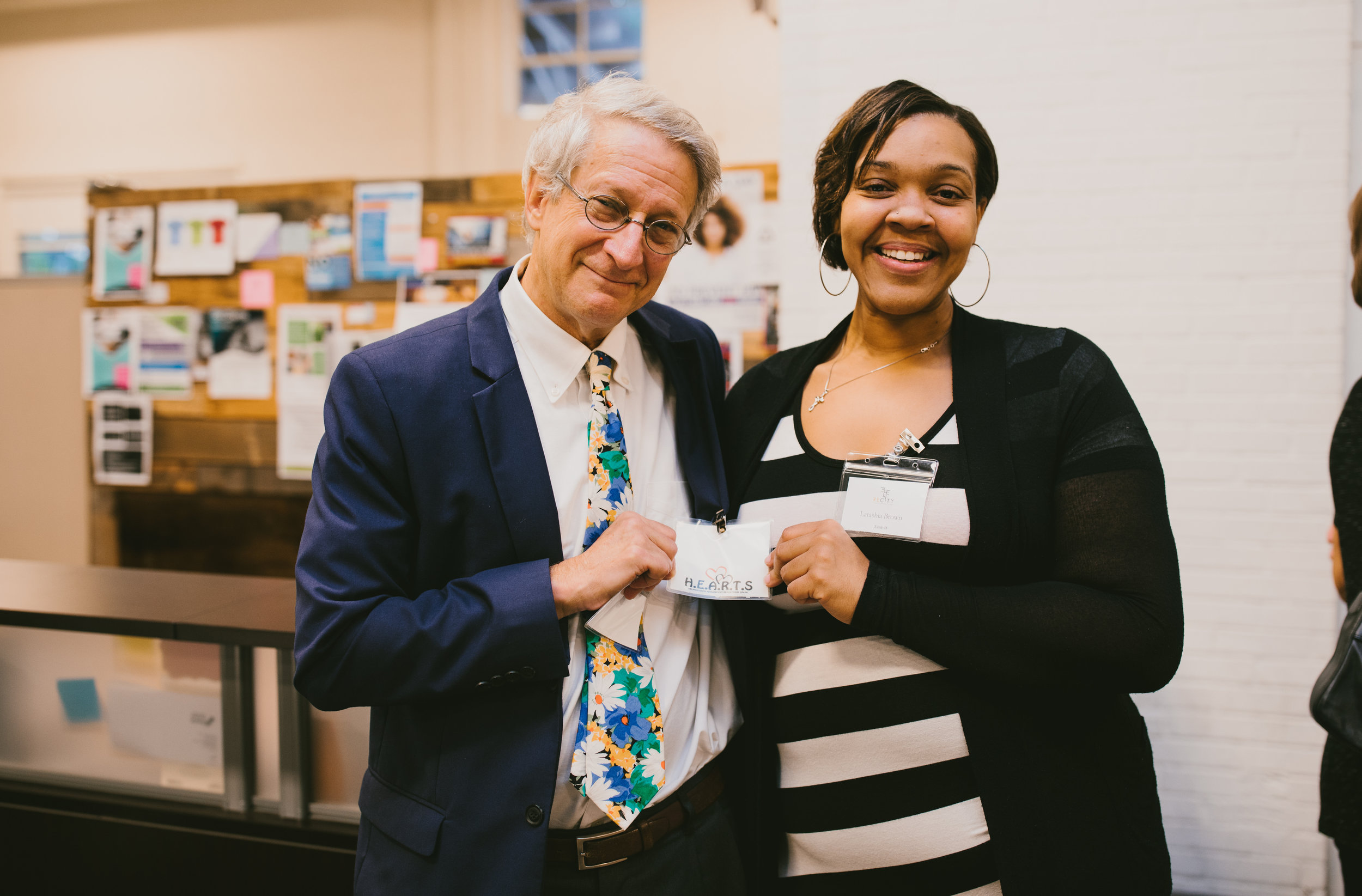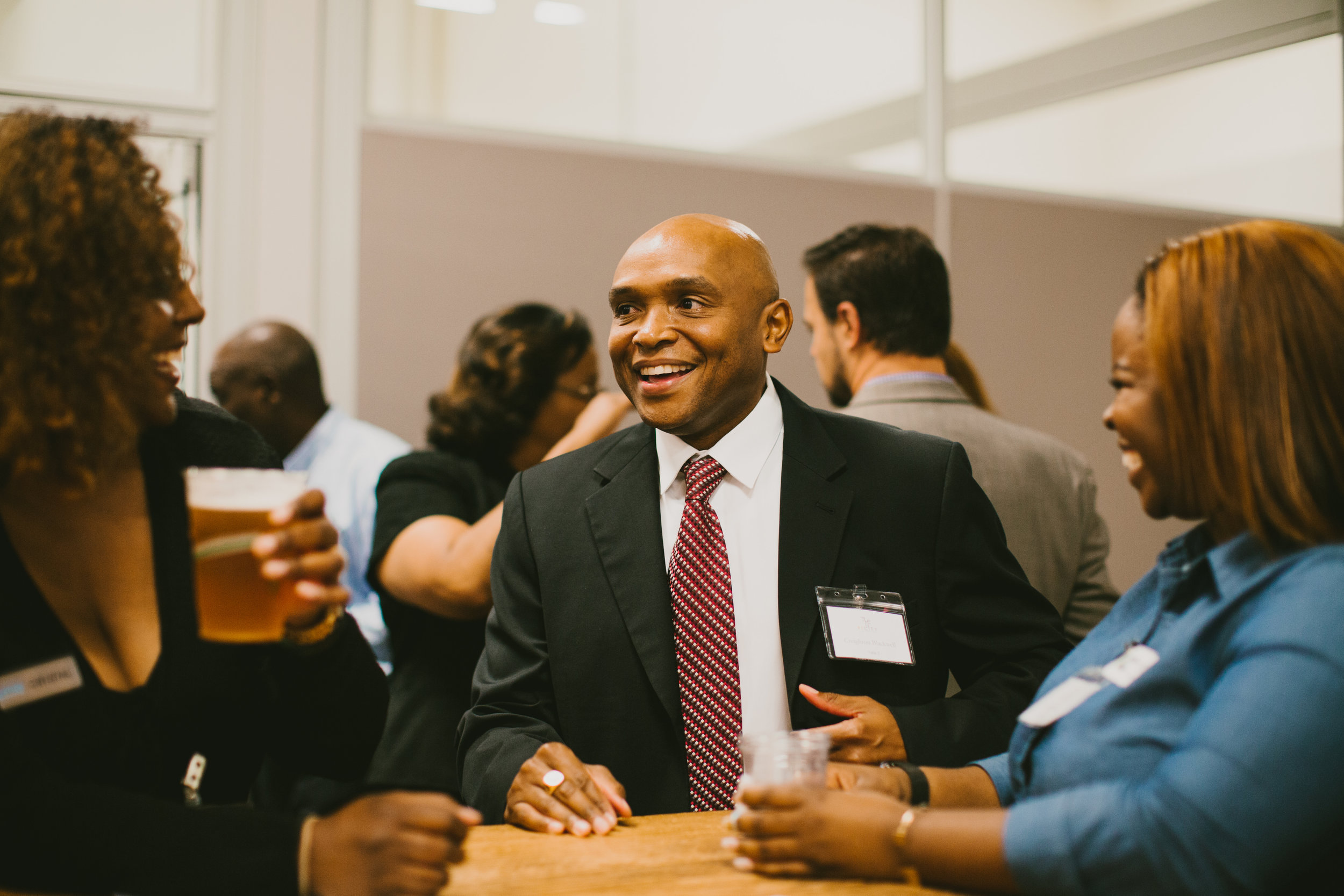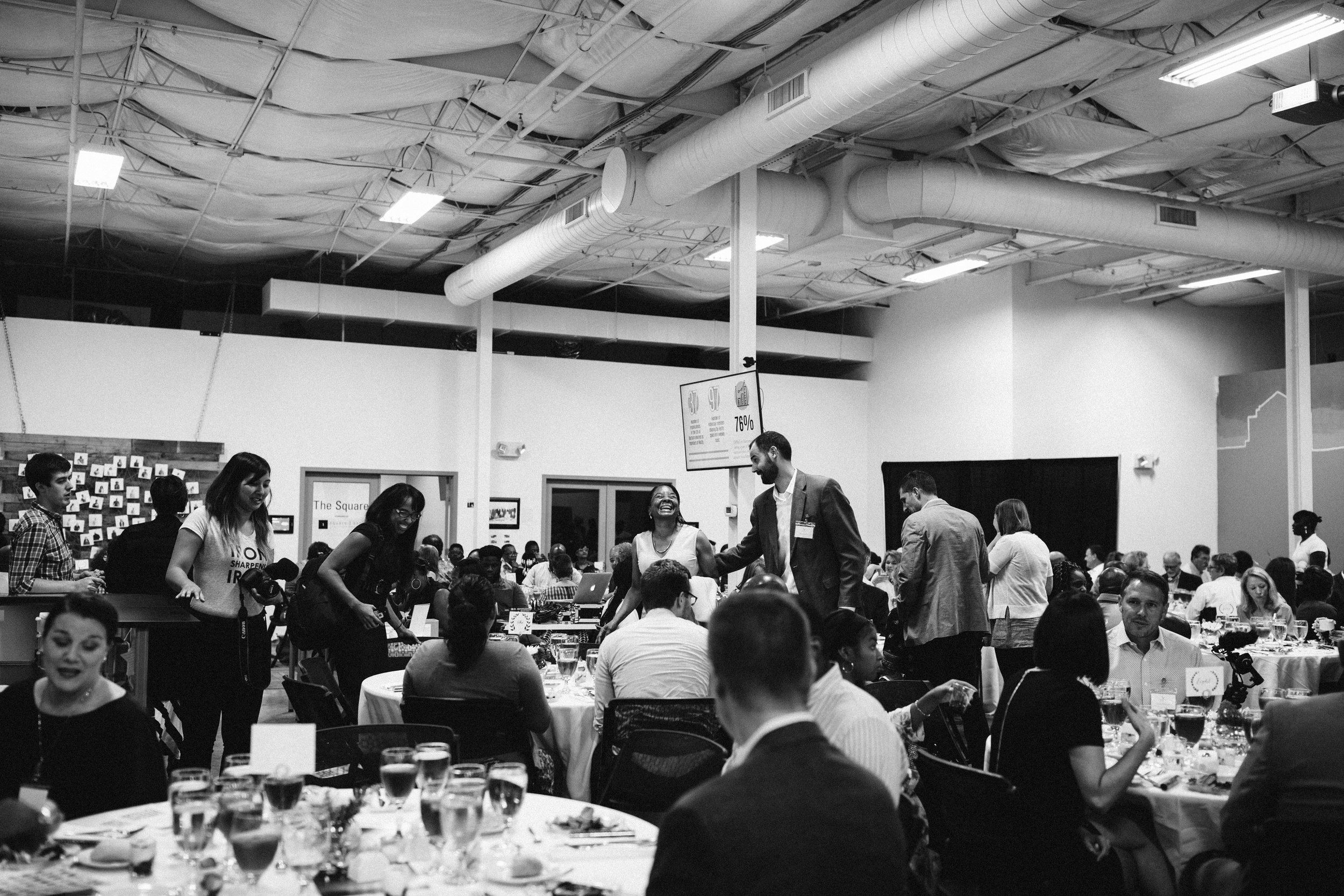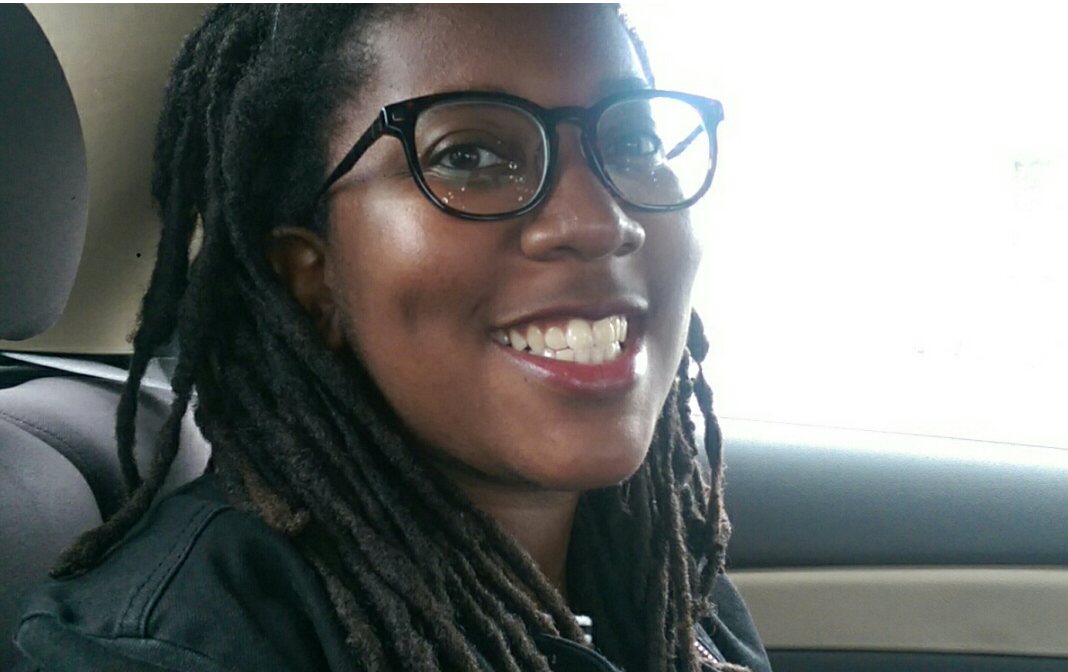Which traditions do you honor each Independence Day? For many of us, July 4th is marked with fireworks, parades, and spending time with friends. In fact, we have been celebrating this holiday in much of the same way for over 100 years. Even among the fireworks and jubilation of independence, there is a darker undercurrent to this holiday. What does it mean to celebrate the freedom of a country when citizens are actively being oppressed and the horrors of this country’s history are forgotten?
To celebrate Independence Day, Stagville Historical Site hosted a community reading of Frederick Douglass’ 1852 Speech, “What to the Slave Is the Fourth of July?”. In his speech, Douglass brings the hypocrisy of celebrating a nation’s freedom while there are still millions in enslavement to light. Douglass’ words were especially powerful standing on the land of a former slave plantation.
The reading took place in a shady grove in between three slave housing quarters, some of the only surviving structures in the state. The structures were dilapidated, but sturdy. Under ancient trees, folks of all ages and backgrounds took turns reading Douglass’ iconic speech. It was amazing to hear the words of such a powerful orator coming from everyday people in the community. In his speech, Douglass drew comparisons between America’s struggle to break free from British rule and the country’s failure to acknowledge the humanity of slaves struggling for the same basic freedoms.
A lot of different parts of the speech resonated with me and my experiences as the community manager at ReCity. A principle of ReCity’s Philosophy of Engagement is developing leaders. Building intention community here is all about equipping leaders most proximate to injustice who have the best solutions to address those injustices. Having the community read the speech empowered folks to be reflective and empathetic leaders. To reflect on the lessons shared and put action behind them.
Additionally, this community reading forces us as individuals to reflect on Douglass’ words in a modern-day context. As he stated, if “oppression makes a wise man mad”, how are we regarding our role in the community as folks continue to fight oppression and marginalization? How can everyday folks use their power to build up the voices of those with less privileged? As one organizer of the event said, a good first action step was showing up at the event. Even though the event has passed, it will continue annually at Stagville (in addition to their year-round programming). Additionally, there are other holidays such as Juneteenth that acknowledge the freedom of enslaved peoples. To me, a meaningful first action step is showing up for others and confronting the truth- even when it is heartbreaking, challenging, and uncomfortable. As I experienced at Stagville, we are all capable of showing up, educating ourselves, and building empathy with one another.































